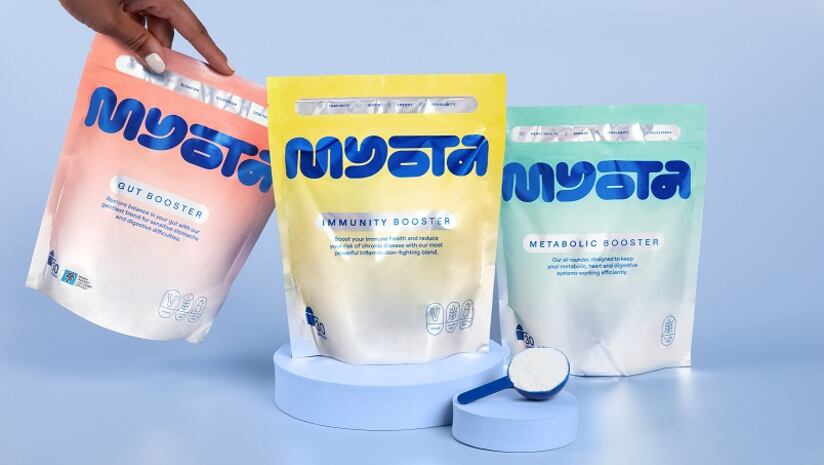The Instagram video post on founder Anthony Fowler’s Instagram account, seen on May. 9 2025, featured two individuals discussing issues regarding depression, the inefficacy of anti-depressants, and the comparative efficacy of CBD.
Accompanying text stated: “Do you take antidepressants? They just numb your emotions so you don’t feel happy or sad, I know this because thousands of people have switched to @Supremecbd which is natural, and works with your body’s own endocrine system.”
The ASA responded to a complaint that the video “stated or implied a supplement could help treat or cure symptoms of anxiety and depression which was a breach of the Code” and “irresponsibly discouraged essential treatment for conditions for which medical supervision should be sought”.
The ASA upheld the complaint based on Code of Non-broadcast Advertising and Direct & Promotional Marketing (CAP Code) which prohibits the use of claims which state or imply that a food can prevent, treat or cure human disease, in this case related to chronic anxiety and depression.
“Because the ad was framed around a question from a follower who had been taking antidepressants for 19 years, we considered consumers would interpret the treatment to be suitable for clinically diagnosed long-term mental health conditions including chronic anxiety and depression,” the ASA stated. “This was reinforced through the statements “[…] they wanted to put me on antidepressants and I said no, but the only thing that ever helped me was taking CBD oil”, which we considered consumers would understand to mean the individual who had personally suffered from anxiety, had chosen not to follow clinical advice and had successfully used CBD as their preferred treatment for anxiety.”
SupremeCBD removed the content on notification of the complaint.
Heightened risk with CBD
Regulatory practitioner Kristy Coleman, co-founder of AK Collective, said the ruling reinforces that CBD companies are operating in a ‘regulatory hot spot’.
“The case provides a critical reminder of the heightened risk and regulatory scrutiny facing the CBD and food-supplement sector in the UK...
“With no authorised health claims for CBD in the UK, and regulatory bodies (both the ASA and MHRA) on alert, brands must adopt a precautionary approach.”
She also noted it’s an important reminder that the ASA will consider CEOs’ own social media posts to be commercial communications.
Medical treatment
The CAP Code states that marketers must not discourage essential treatment for conditions for which medical supervision should be sought.
Advertisers must not offer specific advice on diagnosis of or treatment for such conditions, unless that advice, diagnosis or treatment was conducted under the supervision of a suitably qualified health professional.
“Chronic anxiety and depression were conditions for which medical supervision should be sought. Regardless of any evidence to support the effectiveness of CBD, any advice or treatment relating to those conditions should have been given under appropriate supervision,” the ASA stated in its ruling. “Whilst we welcomed Supreme CBD’s assurance that the ad had been removed, we did not receive any evidence which showed their advice and product was provided under the supervision of a suitably qualified professional. We therefore concluded that the ad discouraged essential treatment for conditions for which medical supervision should be sought and had breached the Code. “
Coleman said her advice to supplement firms is: “Do not use language or imagery suggesting your product will “heal,” “cure,”, “prevent”, “treat,” “relieve” or otherwise remedy a diagnosed medical condition."
She added: “Avoid messages that implicitly or explicitly tell consumers to stop prescribed medication, self-diagnose, or forego professional medical advice. If you publish testimonials or influencers, ensure the messaging does not imply substitution of medical treatment.”





